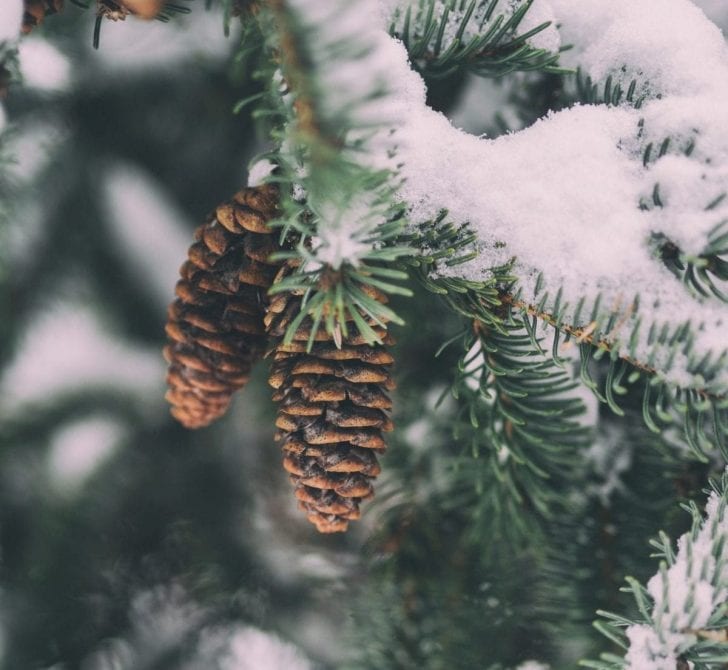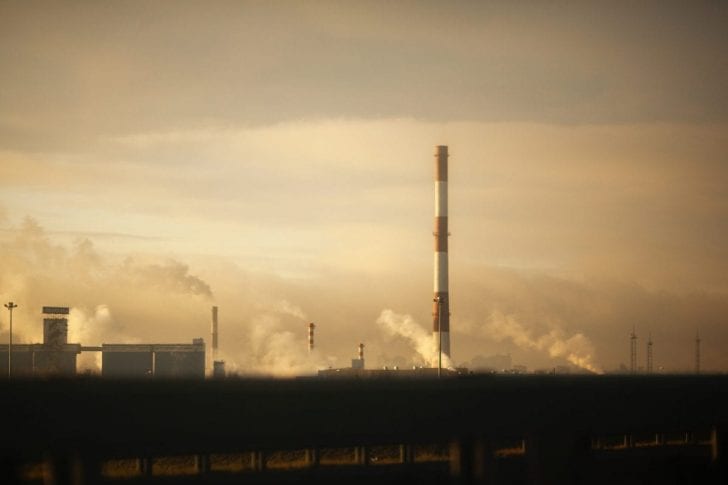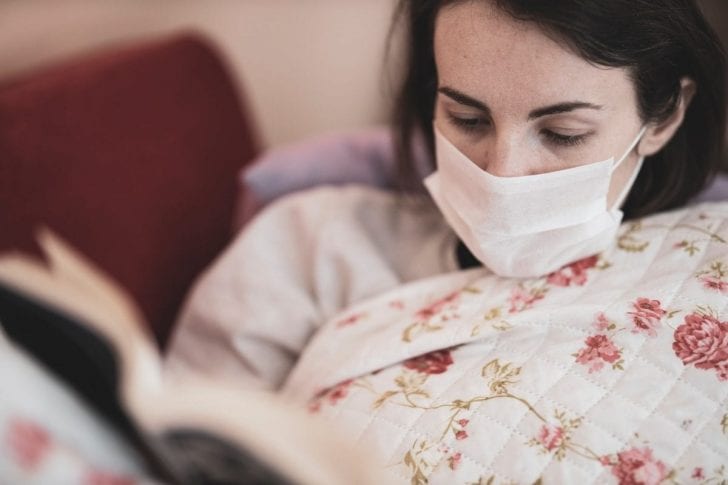Winter season is rapidly approaching in many parts of the world. With it, comes the seasonal wave of flu and influenza. Every next person on the street will be suffering from a runny or blocked nose and a mild fever.
Do these symptoms sound similar? Yes, because the novel coronavirus comes with the same identifying signs.

The second wave of the coronavirus is underway and so is the period of seasonal influenza. Doctors are warning that both these diseases become more ferocious due to air pollution. Bad quality of air caused by pollution emitted from manufacturing houses, cooking gases, heating appliances, and firewood all increase the transmission of viral diseases.
The effect of pollution level on the spread of viral infections
The increase in dust allergies caused by fast-blowing winds is the beginning of viral diseases. The rate of infection goes higher during the winter season, while the immunity level also goes down. Dr. Neeraj Nischal, an associate professor in the Department of Medicine at AIIMS established a link between the population density of an area and the mortality rate.
He concluded that places with a higher population density are more prone to be caught in a wave of viral infection. The mortality rate will also be proportionally higher.

Additionally, it also depends on the air quality of the area. If the air is polluted with harmful gases, people residing in that locality will be more susceptible to respiratory disorders and viral infections.
Who is at risk?
The most important question after all this information is, who is more at risk? Here is a list of people who should lean highly on the side of caution. They should minimize social interactions, wear masks at all times when outside the sanctuary of their house, and wash hands frequently.
The list of such people is given below:
- The elderly especially those who have witnessed more than five decades.
- Those with cardiovascular or respiratory problems
- Those who had contracted the coronavirus before.

Busting the myth
There is ongoing propaganda that those who have contracted the coronavirus are now immune to it, which is false. According to Dr. Neeraj Nischal, these people should still observe all caution, especially since many of the patients who suffered from coronavirus declared that they are experiencing respiratory problems even after the passage of two months from the time of recovery.
This means the recovery period of the coronavirus is yet not clear and it is probable that if you contracted it in the first round, your body is still recouping from its attack.
After all, one should heed the famous anecdote: better safe than sorry.
